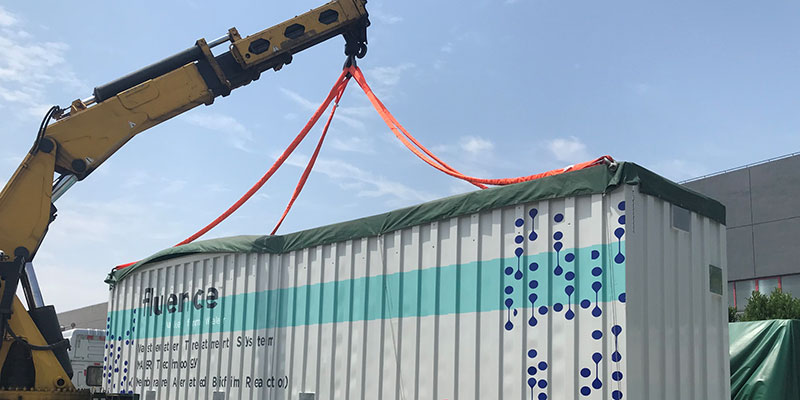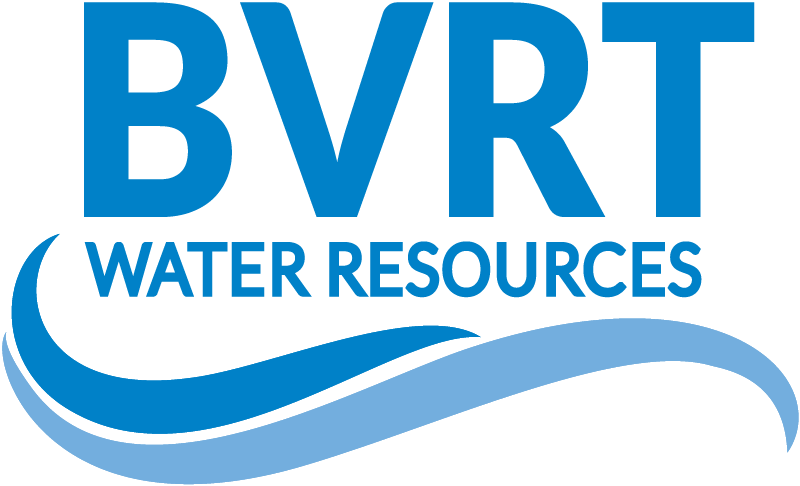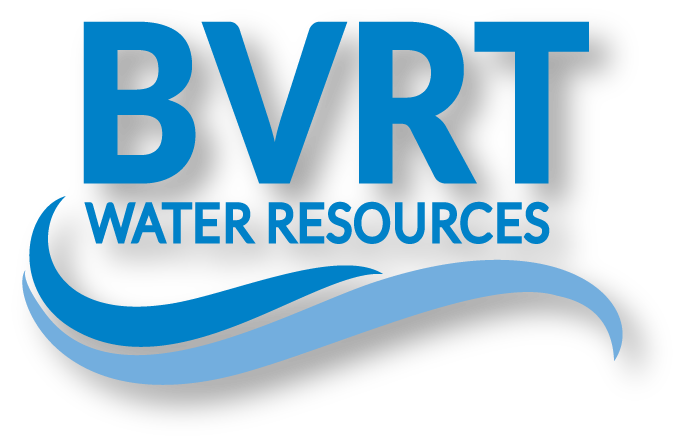What Is Decentralized Treatment?
Dec 30, 2020 |

A decentralized water and wastewater treatment strategy can provide the efficiency and flexibility needed to deal with water challenges around the globe
Decentralized treatment is the practice of placing water or wastewater treatment at the site of supply, demand, or ideally both. It’s a flexible, sustainable alternative to large treatment plants that require miles of costly supply and delivery infrastructure.
According to the United Nations Food and Agriculture Organization, water scarcity is one of the greatest challenges of the century. It affects not only human health and the environment, but also local economies, which depend on water for business, industry, and agriculture.
Often, the hardest-hit areas are smaller, isolated, or poor, making them difficult to serve with modern infrastructure. So, while there is an explosion of need for sustainable water and wastewater treatment facilities, the design, financing, permitting, building, and commissioning of new conventional plants and piping may take years. These costs may be crippling for smaller communities, resorts, or industries with problematic water situations.
Benefits of Decentralized Treatment
Decentralized treatment is an important solution for global water scarcity for a number of reasons:
- Positioning plants near the source of supply and need eliminates the prohibitive cost of pipelining to distant plants.
- Decentralized systems are more scalable and portable than traditional plants. Their quick construction limits the risk of “white elephant” plants, plants that become obsolete before they’re paid for.
- Smaller-scale projects may bypass politically challenging negotiations across diverse regions and facilitate local control of community water treatment systems.
- In industry, decentralized treatment can provide quality control for individual sites and improve community relationships by reducing ecological impacts and competition for local water resources.
Decentralization, a New Paradigm
Although decentralized treatment has long been promoted by leading voices in the water treatment sector, technological and logistical challenges have limited its application, particularly for water reuse. As Global Water Intelligence publisher Christopher Gasson put it:
The obstacle to growth is not really lowering the cost of the process. […] It is about technologies that help change the paradigm. Specifically, we need decentralised systems that reduce the need for investment in collection networks […]
Since Gasson’s assessment, advances in both technology and packaging have emerged and are being used in extensive projects that exemplify the wide range of benefits decentralized treatment has to offer.
Original Article from Fluence

